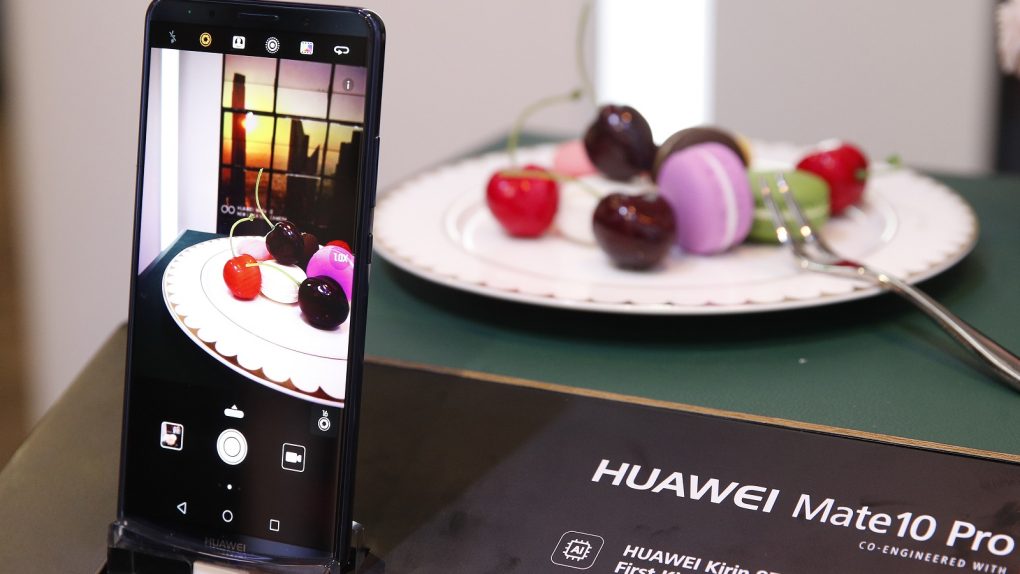Remember that whole Apple vs. FBI fight from early 2016? The government wanted to force Apple to develop what’s essentially a backdoor into iOS that only Apple and/or government officials would control to get into the iPhone belonging to one of the San Bernardino’s shooters.
Fast forward to more modern times, and we have six top US intelligence chiefs saying they do not trust devices made by Chinese smartphone makers Huawei and ZTE because they could be used to spy on US citizens. In other words, they believe the Chinese government would hold backdoors into these devices that would allow them to quietly collect data from millions of people.
In the words of Alanis Morissette, “isn’t it ironic, don’t you think?”
Just the other day, we talked about Bill Gates’ opinion regarding the use of backdoors in gadgets like the iPhone. The Microsoft guru believes that tech companies like Apple should create tools that would be able to decrypt an iPhone involved in an active investigation. That’s probably something the same six top US Intelligence chiefs want.
Meanwhile, they told the Senate Intelligence Committee on Tuesday they would advise Americans not to buy products or services from Huawei and ZTE. The list of agency heads making this recommendation includes the chiefs of the CIA, FBI, NSA, and the director of national intelligence, CNBC reports.
“We’re deeply concerned about the risks of allowing any company or entity that is beholden to foreign governments that don’t share our values to gain positions of power inside our telecommunications networks,” FBI Director Chris Wray said.
“That provides the capacity to exert pressure or control over our telecommunications infrastructure,” Wray he added. “It provides the capacity to maliciously modify or steal information. And it provides the capacity to conduct undetected espionage.”
Wray does a great job describing how an iPhone backdoor would work, and what these top six US intelligence communities would be able to do with iPhones around the world. It’s likely that the same Wray will one day ask Apple to find a way to bypass iPhone encryption because something bad just happened and critical data may reside on that password-pin-fingerprint-of-face-encrypted device.
You’d be totally right to point out that China isn’t the US, and that Android — and whatever other software Huawei and ZTE use on their non-smartphone devices — isn’t as secure as iPhone. But this whole stance on security is pretty hypocritical. Just imagine if other governments of the world instructed their citizens and local carriers not to ink deals with Apple on account that the US government might have ways to crack iOS, regardless of whether that’s true or not.
The six intelligence chief likely know more about Huawei and ZTE than they’d be willing to say in an open setting. I’ll grant them that as well. But if that’s the case, how come other countries around the world.
The thing with backdoors is that, if they exist, security researchers or hackers would eventually find them.
Huawei, meanwhile, denied the accusations, saying that it’s trusted by governments and customers in 170 countries worldwide.








